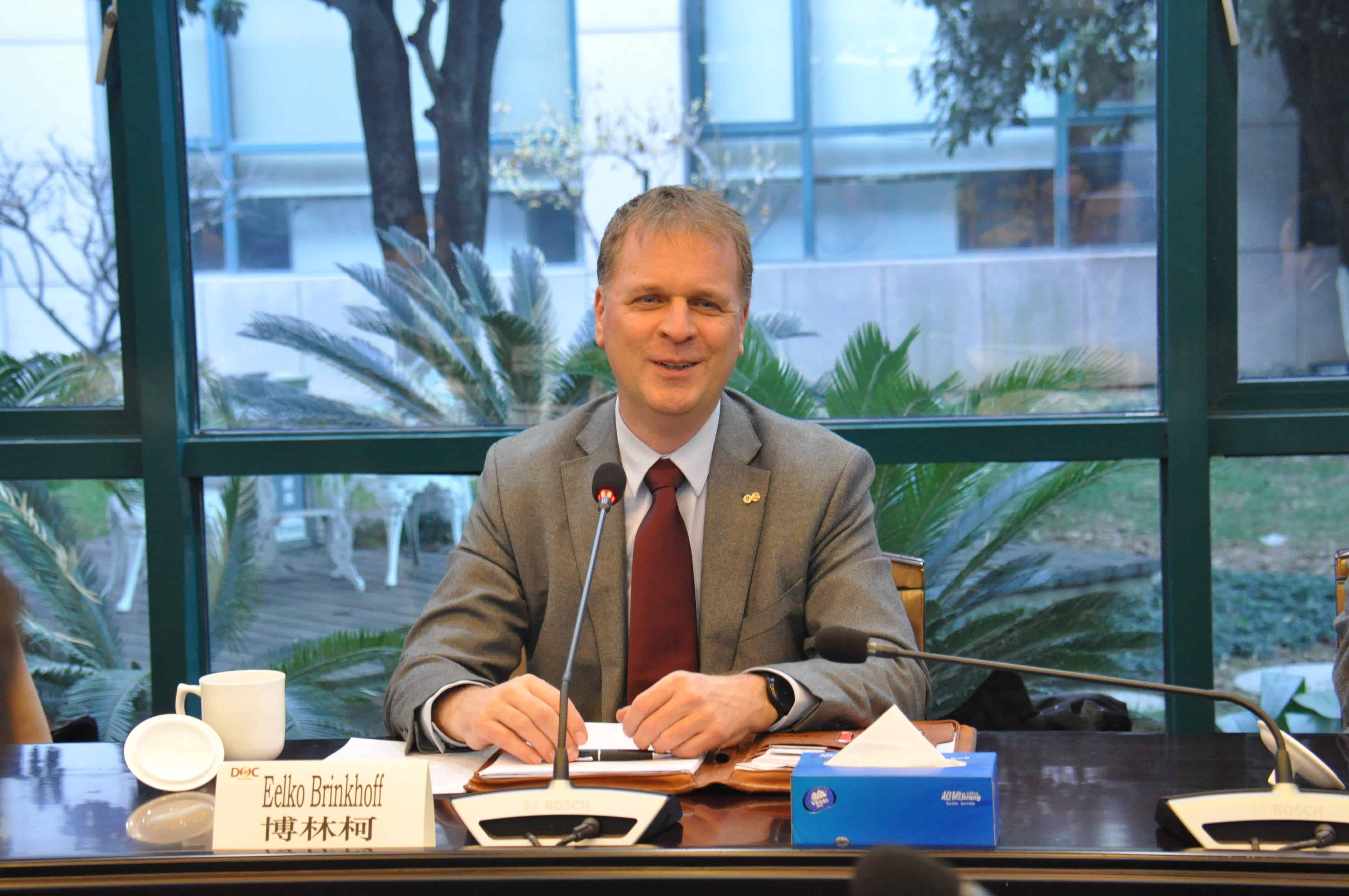
If there is one category of companies that are responsible for innovation in the Netherlands, it would have to be the start-ups. Innovation Origins is always looking for relevant innovations, therefore there is every reason to really capture the complete Dutch start-up ecosystem. Armed with the data sets of StartupDelta, we visited all Dutch provinces. In 14 episodes, published between December 24, 2018, and January 7, 2019, we’re giving an overview of the start-up ecosystem in the Netherlands. The series has been made by the journalists of cooperation PitchProducties, commissioned by Innovation Origins. Today: the introduction. Read the other episodes of the series here (as far as already published).
Adyen, Ticketswap, Thuisbezorgd.nl, Travelbird and Booking.com: everyone will recognize at least one of these names. They’re all examples of relatively young, Dutch companies that have grown into multi-million-dollar companies. Start-ups, as they’re also called.
What starts as a small idea, spontaneous inspiration or brainstorm session, can in the right way be developed into a world player like Uber or Airbnb. At least, that’s the wild fantasy that is often associated with the term start-up. In reality, the majority of the companies are eliminated somewhere along this bumpy road.
And yet, the term remains a magic word, for one because of the innovating potential associated with the term. Partly because of this potential and the chances that successful start-ups offer for economic growth and employment opportunities, there are countless initiatives to support start-ups on a local, regional, national and international level, including financial and guiding support, offered around funds, incubators and accelerators.
In the next few weeks, we will capture the Dutch start-up ecosystem in a daily published series of articles. We’re doing this in imitation of a recent EU research, in which the most important thing was that “start-up hubs grow everywhere, and that with countless initiatives from governments and private players, it is a good moment to look at the European start-up ecosystem.”
We’re speaking with dozens of people, who all make the Dutch start-up ecosystem to what it is from different places and different functions: from start-ups themselves to local politicians, managers of regional funds and staff members of innovation hotspots.
Per province, we’re telling a different story, but with the same approach: how are start-ups in the province supported, and what characterizes the start-up ecosystem in this region? We’re doing this with the underlying philosophy that in all the regions of the Netherlands, something is going on in terms of start-up initiatives.
Hubs
This thought doesn’t appear out of nowhere. “Definitely not everywhere in the Netherlands, but in a lot of places it’s going on”, says Myrthe Hooijman of StartupDelta about the innovation landscape. According to her, initiatives are fairly spread across the Netherlands, although “of course” in the Randstad, more is happening due to the greater number of inhabitants, companies and knowledge institutions.
She briefly mentions a couple of hubs for innovation. She mentions Amsterdam, Rotterdam and the Hague, but she also says Eindhoven is an area where large companies like Philips and ASML “attract innovation”. She also mentions Twente – “very upcoming”- and Groningen, the WaterCampus in Friesland and agrotech hotspot Wageningen.
For StartupDelta, Hooijman is, for one, responsible for the contact between the organisation and Dutch regions. StartupDelta itself is described by her as the “accelerator of the ecosystem”, eventually with the goal to quickly get new, innovative technology on the market and scaled up worldwide through companies.
Local acceleration
It’s interesting to hear that StartupDelta doesn’t have a fixed definition around start-ups. “Exactly limiting the definition of a start-up, is not that relevant for our goal’, says Hooijman. To enable acceleration in the ecosystem, the organisation is particularly focused, in a regional sense, on building networks and connecting these regional networks.
As an example, she mentions the Start-up in Residence program, in which young, solution-oriented entrepreneurs are linked to issues of ministries, provinces and municipalities, through challenges. In addition, she mentions the emergence of a “start-up officers network”, which makes it more clear now who can be approached at government agencies, ministries, provinces and municipalities when it comes to start-ups.
Definition problems
Furthermore, the term start-up turns out to be difficult to define anyway. For the Chamber of Commerce (KvK), for example, the term isn’t fixed either. Because even though the government website ondernemersplein.nl says that it’s about a company “with an innovative idea that creates a scalable or repeatable product or service, manufactured by means of new technology”, it also says that it is “difficult give a definition of start-ups.”
“It’s not a legal term”, explains a spokesman of the KvK. “It’s more of a generality, like zzp (freelancing) or SME”, he says.
Yet the terms zzp and SME are clearer than the term startup to a lot of people. One of the reasons for this is that a start-up can be defined by aspects like innovativeness (there has to be an underlying innovative idea), the scale size (not to many employees), turnover (not too high), degree of growth (there has to be some) and the age of the company (a maximum of three or five years old, depending on where you look up the definition).
Furthermore, a distinction is often being made between start-ups and scale-ups. According to Emilie Verbunt of Dutchbasecamp, an organisation that supports Dutch start and scale-ups in their jump towards the international market, scale-ups are often a bit bigger and they already have traction on the Dutch market.
For Dutchbasecamp, she defines start-ups as fast-growing, young and innovative companies that disrupt the market with a technical solution. But, she also states: the definitions surely aren’t sacred.
Data

Even we don’t work with a fixed definition of the term start-up in this series. Yet it feels good to have a certain amount of grip. To make a first estimation per province in terms of the number and the sort of start-ups, we’re using data, kept track of by StartupDelta. A dataset with more than 5,000 startups has been used for this goal.
Dennis Huisman, who processes this data for StartupDelta, says that it is automatically collected by scraping news articles. A program sifts through these articles looking for relevant information, for example, how much money has been collected in investment rounds.
According to Huisman, the list with start-ups isn’t complete anyway and sometimes it includes some mistakes. Especially with little start-ups, it can sometimes take months before you see them back in the database and every now and then, there’s a bigger company in there. Yet for the time being, this data gives the best image of how start-ups in the Netherlands are divided: about which we will give more clarification in the next few weeks.
The series “the start-up ecosystem of the Netherlands” will appear daily on Innovation Origins in the next two weeks. All the different provinces, from ‘small’ to ‘big’, will be dealt with, based on the number of start-ups indicated by SartupDelta.








